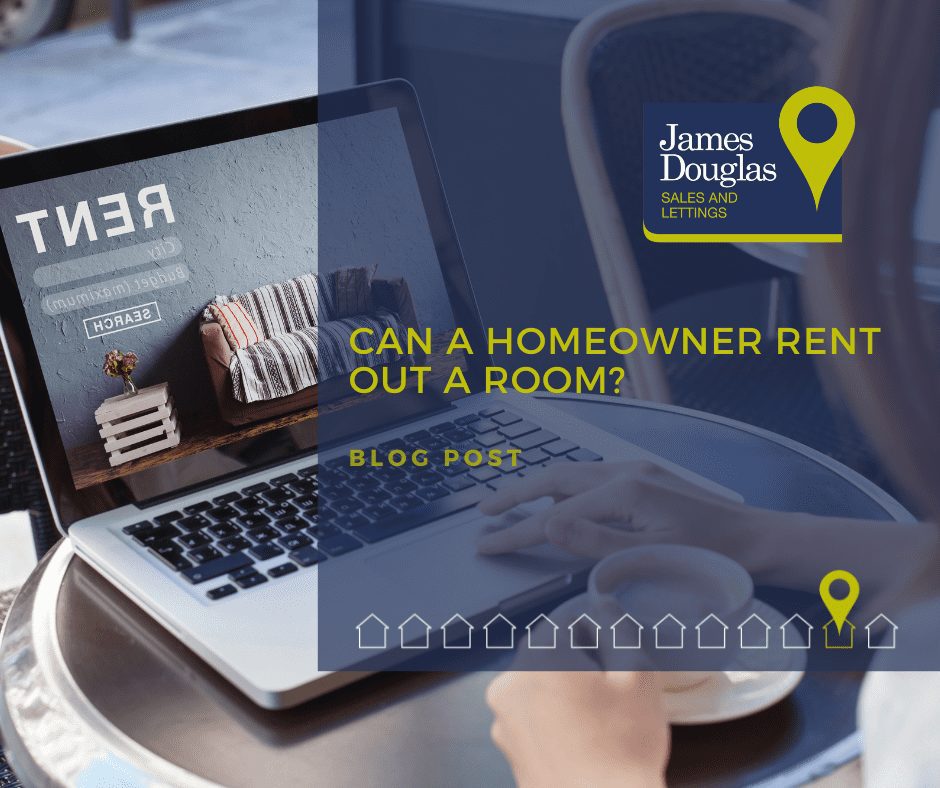Can a homeowner rent out a room?
Yes! They can. Homeowners can rent out a spare room in their home to an individual identified as a lodger. However, there are a few crucial factors that you must initially take into consideration if you’re thinking about taking in a lodger.
How to rent out your extra bedroom
- Simply put, renting out your extra room allows you to earn money from home, allowing you to supplement your primary source of income, managing your bills, and meeting other expenses.
- Even the government is urging more individuals to do so. You can now earn up to £7,500 tax-free per year (up from £4,250) by renting out a furnished spare room through the Rent a Room Scheme.
- The deduction is automatic if your yearly income is less than £7,500 and you don’t currently file a tax return. You must inform HMRC if your income exceeds the required level.
How do I get started?
Choose the hosting website you wish to use first, and then carefully read all of their advice and instructions. The websites offer a variety of information so you can constantly be up to date. For instance, did you know that lodgers who live in the property with the landlord have different rights than those who rent a flatshare from a landlord? Before drafting a contract, it would be wise to familiarise yourself with landlord and lodger rights.
These websites make it simple to generate an advertisement whenever you’re ready. Provide clear pictures of the space and provide a detailed description in your writing.
Several websites provide a background check service for both hosts and guests. Nonetheless, you should conduct an interview with the prospective renter before letting them reserve a room. It will be very helpful in creating a detailed application form for applicants to get a better understanding.
Always make an effort to obtain references; you could want to get in touch with past landlords and their employers.
Create a clear and understandable lodgers agreement once you have chosen an applicant. State all responsibilities and rules for both you (the landlord) and your lodger.
What should I charge?
- Always conduct some research to find out how much other landlords in the area charge for their available rooms.
- When determining how much to charge, take into account the size of the room, any facilities (such as an en-suite bathroom), as well as the location and transportation options from your property.
- The average monthly room rent in the UK is currently around £583, according to SpareRoom. In some places, such as London, you can charge far more.
Protecting your home
- A few hosting providers provide insurance. To account for your new short- or long-term rental, you’ll need to examine and renew your house insurance policy.
- Get adequate liability coverage.
- Make sure the guests are aware of this prior to booking as your own contents insurance typically does not cover their personal goods.
What else do I need to consider?
- If you presently live alone, taking a lodger could affect your council tax bill. You run the risk of losing your 25% council tax reduction for individuals.
- Verify the terms and conditions of any leases, mortgages, and home insurance policies you may have.
- Accepting a lodger could be prohibited by some mortgage lenders.
- If you are a tenant and wish to rent out a room, you do not need to be a homeowner but you will need your landlord’s permission. This is called subletting.
We hope that this guide will serve as a good place to start. Although this briefly discusses the tax consequences of room rentals, tax laws are always changing, so it is not a comprehensive piece of advice. Hence, before continuing, please seek your own tax guidance or contact a member of our team for more advice.

